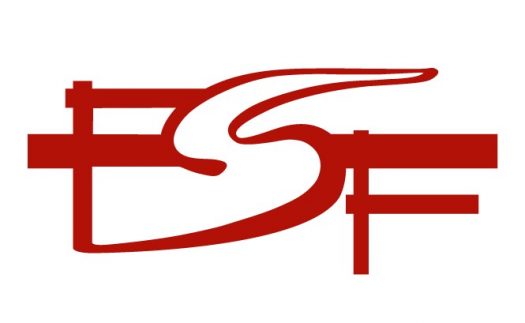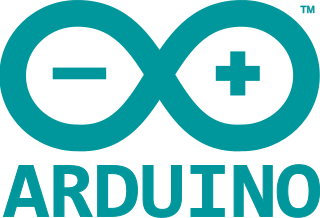Both Richard Stallman and John Sullivan have issued statements concerning the allegations made against the FSF by Libreboot’s lead developer.
On Friday we reported that Libreboot’s lead developer, Leah Rowe, had posted a notice to a GNU mailing list, removing her project from GNU. The reason she gave was that a friend employed by the Free Software Foundation, had been dismissed for discriminatory reasons. “The Free Software Foundation recently fired a transgendered employee of the FSF, just for being trans…,” she wrote. “I’m declaring here and now to the whole world that Libreboot is no longer part of the GNU project.”
 Friday afternoon after we published our report, Richard Stallman, founder and president of FSF, posted a brief, unofficial statement in an email to the thread around Rowe’s email. “The dismissal of the staff person was not because of her gender,” he said. “Her gender now is the same as it was when we hired her. It was not an issue then, and it is not an issue now.”
Friday afternoon after we published our report, Richard Stallman, founder and president of FSF, posted a brief, unofficial statement in an email to the thread around Rowe’s email. “The dismissal of the staff person was not because of her gender,” he said. “Her gender now is the same as it was when we hired her. It was not an issue then, and it is not an issue now.”
Christine Hall has been a journalist since 1971. In 2001, she began writing a weekly consumer computer column and started covering Linux and FOSS in 2002 after making the switch to GNU/Linux. Follow her on Twitter: @BrideOfLinux








 Two boards I began to work with were the
Two boards I began to work with were the 
 Better Fedora laptop support on the way: Red Hat has made an announcement that should eventually have a positive effect throughout all Linux distros. Today we learned from
Better Fedora laptop support on the way: Red Hat has made an announcement that should eventually have a positive effect throughout all Linux distros. Today we learned from 
 FCC supports open source Wi-Fi firmware. For the last several months many open sourcers have been up in arms because it looked as if the door was being closed on open source on Wi-Fi routers after the agency changed it’s rules around radio interference on the 5 GHz band, making it difficult for router makers to allow users to install open source firmware on their routers. All along, the FCC claimed that shutting out open source use wasn’t part of the game plan, but we FOSSers are a suspicious lot and we weren’t buying it.
FCC supports open source Wi-Fi firmware. For the last several months many open sourcers have been up in arms because it looked as if the door was being closed on open source on Wi-Fi routers after the agency changed it’s rules around radio interference on the 5 GHz band, making it difficult for router makers to allow users to install open source firmware on their routers. All along, the FCC claimed that shutting out open source use wasn’t part of the game plan, but we FOSSers are a suspicious lot and we weren’t buying it.
 LibreOffice has been in the news this week. The big story, which we first heard on Tuesday, is that Canonical has joined
LibreOffice has been in the news this week. The big story, which we first heard on Tuesday, is that Canonical has joined